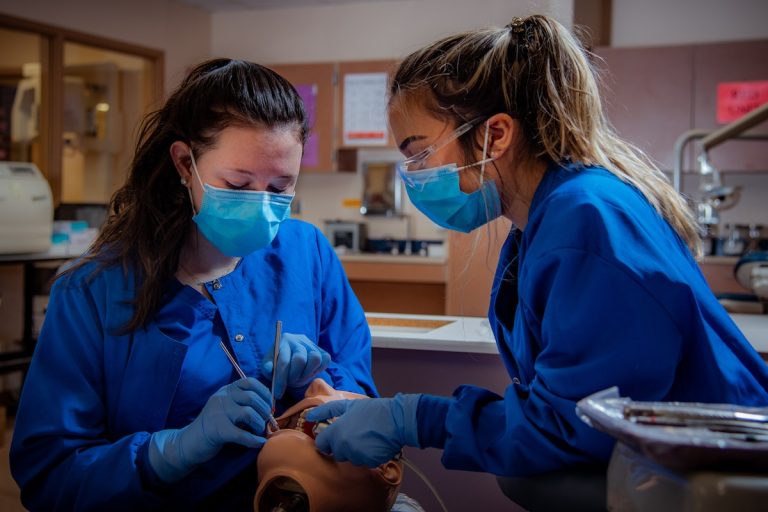Starting your own medical practice is an exciting and rewarding venture. But it’s not without its challenges. Before you begin, you need five essential resources to ensure you have in place. Read on to find out what they are and why they’re so important.
Medical Licensing & Certification
First and foremost, you’ll need the appropriate medical licensing and certification from your state to practice medicine. This will vary depending on your state but will usually involve taking exams and completing particular coursework before submitting your application for approval.
It’s essential to research the requirements for your area before beginning the process to ensure you have all the credentials necessary for approval. For example, all states require a medical license, but some may also require additional certifications depending on the type of practice you’re hoping to start.
In addition, you’ll need to ensure that your insurance is up-to-date and covers any potential risks associated with your practice. Doing so ahead of time will help ensure that you’re adequately protected should any issues arise.
Office Space
You also need to consider where your office space will be located. Ideally, this should be a convenient location with easy access from major roads and highways and ample parking so patients can easily access your practice when they come in for appointments or treatments.
Additionally, it should be large enough to accommodate all of your staff members, equipment, and storage needs while still being physically comfortable for staff and patients. To ensure this, look into contractors that specialize in medical construction and design to create the perfect working environment for your practice.
These professionals could also help you design any necessary features, such as a lab or sterilization room. Working with someone experienced in this field will ensure that the space meets all your needs and complies with state and local regulations.
Equipment & Supplies
In addition to office space, you’ll also need to ensure you have the right equipment and supplies before opening up shop. This includes anything from basic medical equipment like stethoscopes, blood pressure cuffs, and thermometers to more specialized items like X-ray machines or ultrasound machines, depending on what type of practice you plan on running.
You’ll also need syringes, bandages, gauze pads, antiseptic wipes—anything necessary for providing quality care to your patients. For starters, you may want to talk with a local medical supply store representative and ask for advice on what items would be best suited to your practice.
Moreover, you should also look into any necessary medical software or databases that you’ll need to manage your patient records and track billing information.
Staffing
No matter how great the facility is or how much top-of-the-line equipment is available, if there isn’t anyone there to provide care, then it won’t do any good! That’s why it’s essential that you hire qualified personnel who are passionate about helping others get back into good health.
You may want to start with just a few people at first (like a receptionist or administrator), but as your practice grows over time, it may be necessary to hire additional nurses or even physician assistants in order to keep up with patient demand.
If you’re starting a specialty practice, hiring medical technicians who specialize in that particular field may be necessary. No matter what type of staff you need, ensure they are appropriately qualified and trained before allowing them to provide any treatments or services.
Financing
It goes without saying that starting any business requires capital upfront—and starting a medical practice is no different! Even if you already have some funds saved up from working previous jobs or investments elsewhere, it may not be enough—so exploring other sources of financing, like loans from banks or private investors, can help get things off the ground more quickly and efficiently than trying to go at it alone financially speaking anyway.
To secure this type of funding, you’ll need to have a solid business plan in place and be able to prove your ability to pay back the loan over time. You may also want to look into grants or other financial aid available specifically for medical practices.
These will require some research, but it will be worth the effort if you can get your practice up and running faster while maintaining a healthy budget.
So there you have it—five essential resources that every new medical practitioner should consider before starting their own practice! From obtaining proper licensing and certification all the way through finding adequate financing options, these five items are essential in ensuring success during those initial stages of business growth and development —so don’t underestimate their importance! With these resources secured ahead of time, though, there’s nothing stopping future practitioners from achieving success with their own venture in the world of medicine.

